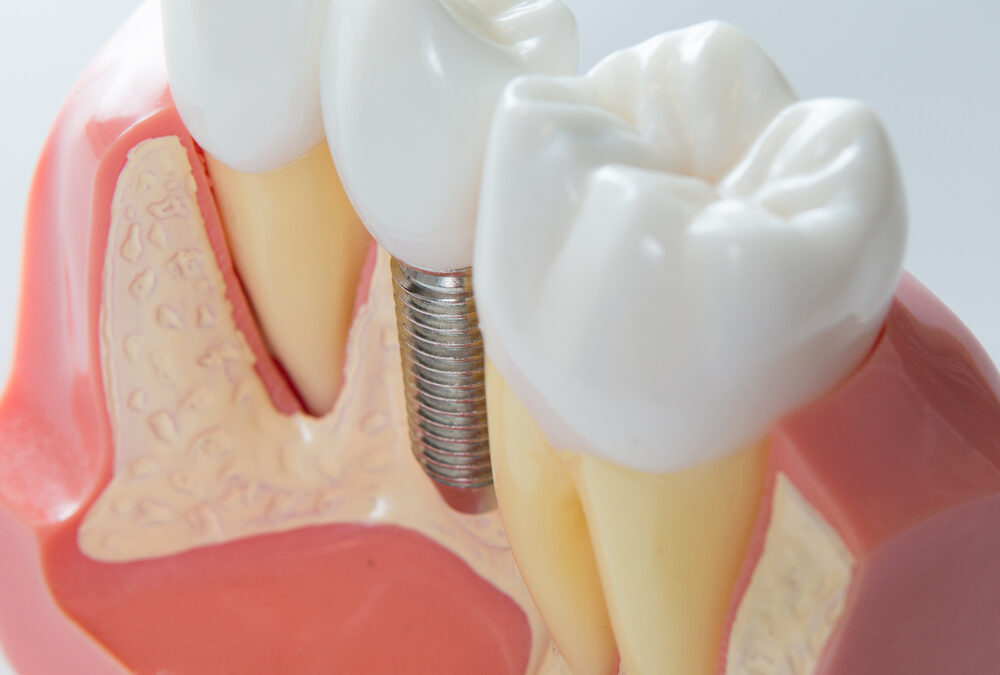Introduction
In the realm of modern dentistry, the evolution of dental implants has revolutionized the landscape of tooth replacement solutions. Among the various applications, full arch on dental implants, also called full mouth implants, stands out as a comprehensive solution for individuals dealing with extensive tooth loss or decay. This article delves into the intricacies of full arch on dental implants, exploring what they are, how they work, and their significance in contemporary dental practices where dentists rely on implants for revenue growth.
Understanding Full Arch on Dental Implants:
Full arch on dental implants refers to a procedure wherein an entire arch of teeth (either upper or lower) is supported by dental implants. These implants are surgically placed into the jawbone, providing a stable foundation for the attachment of a prosthetic arch containing a complete set of teeth. Unlike traditional dentures, which rely on adhesives or suction for retention, full arch implants offer a permanent and secure solution that closely mimics the look, feel, and function of natural teeth.
The Procedure
The process of receiving full arch dental implants typically involves several stages. Firstly, a comprehensive evaluation of the patient’s oral health is conducted, which may include X-rays, CT scans, and impressions. This assessment helps determine the suitability of the patient for implant surgery and aids in treatment planning.
Next, the dental implants are strategically placed into the jawbone during a surgical procedure. Depending on the patient’s bone density and other factors, additional procedures such as bone grafting may be necessary to ensure adequate support for the implants.
Following the placement of implants, a healing period known as osseointegration occurs, during which the implants fuse with the surrounding bone tissue. Once osseointegration is complete, typically over several months, abutments are attached to the implants, serving as connectors between the implants and the prosthetic arch.
Finally, a custom-made prosthetic arch, fabricated to match the patient’s natural teeth in terms of color, shape, and size, is securely attached to the abutments. The result is a fully functional and aesthetically pleasing set of teeth that restores the patient’s ability to chew, speak, and smile with confidence.
Benefits of Full Arch Implants
The advantages of full arch dental implants are manifold. Firstly, they offer unparalleled stability and durability compared to traditional dentures, eliminating concerns about slippage or discomfort during eating or speaking. This stability enhances the patient’s quality of life by restoring the ability to enjoy a varied diet without restrictions.
Moreover, full arch implants promote long-term oral health by preventing bone loss in the jaw, a common consequence of tooth loss that can lead to facial collapse and further dental complications. By stimulating the jawbone through chewing forces, implants help preserve bone density and maintain the structural integrity of the facial features.
Additionally, full arch implants provide a natural-looking smile that boosts self-confidence and improves overall facial aesthetics. Unlike removable dentures, which may appear artificial or bulky, implant-supported prosthetics seamlessly blend with the patient’s existing teeth, creating a harmonious and lifelike appearance.
The Role of Implants in Dental Practices
In the realm of modern dentistry, dental implants have emerged as a cornerstone of treatment modalities, offering comprehensive solutions for various dental issues, including tooth loss, edentulism, and periodontal disease. Dentists rely on implants not only for their clinical efficacy but also for their potential to drive revenue growth and expand their patient base.
The increasing demand for implant-based solutions underscores the importance of staying abreast of the latest advancements and techniques in implantology. Dentists invest in continuing education and specialized training to enhance their proficiency in implant placement and restoration, ensuring optimal outcomes for their patients.
Moreover, as the population ages and individuals seek solutions to age-related dental concerns, such as edentulism and bone resorption, the market for implant-supported prosthetics continues to expand. Dentists who offer full arch implant services stand to benefit from this growing demand, tapping into a lucrative market segment while providing life-changing solutions for their patients.
A Transformative Solution
Full arch dental implants, also known as full mouth implants, represent a transformative solution for individuals dealing with extensive tooth loss or decay. By offering unparalleled stability, durability, and aesthetics, these implants restore oral function and enhance quality of life for patients. Furthermore, in an era where dentists rely on implants for revenue growth, staying abreast of advancements in implantology is essential for maintaining a competitive edge in the dental industry. As the demand for implant-based solutions continues to rise, dentists who embrace full arch implants stand poised to meet the evolving needs of their patients while driving practice growth and success.

